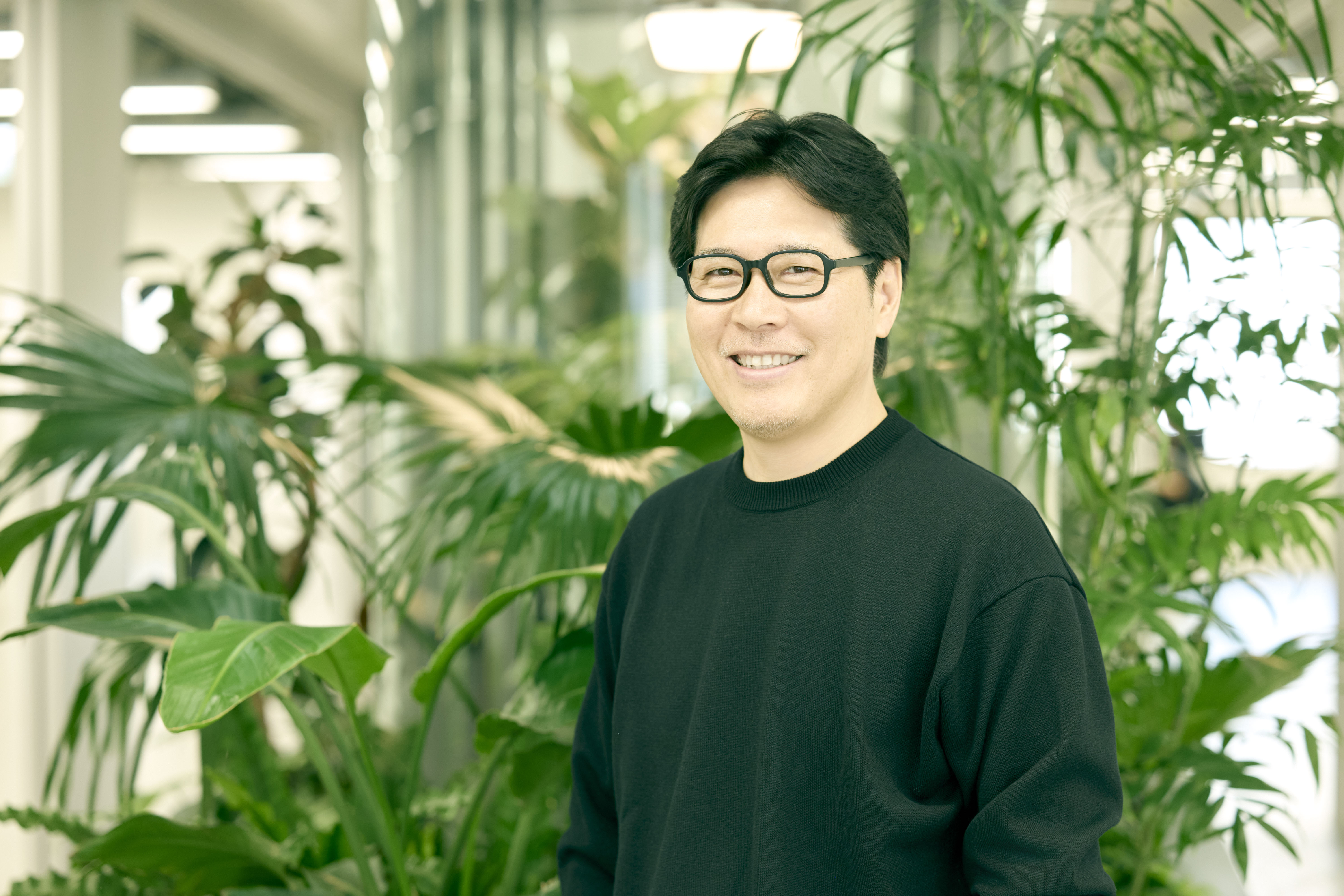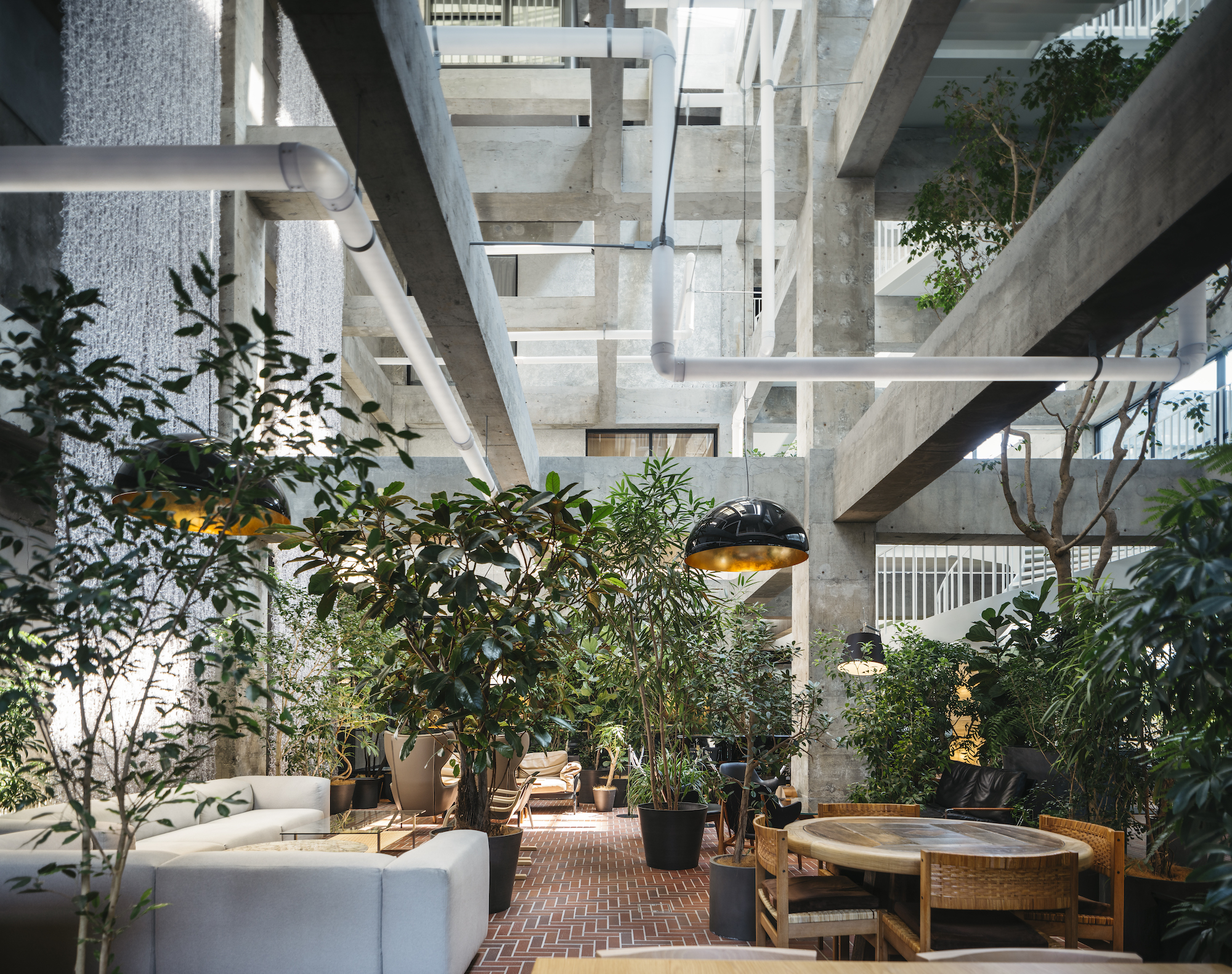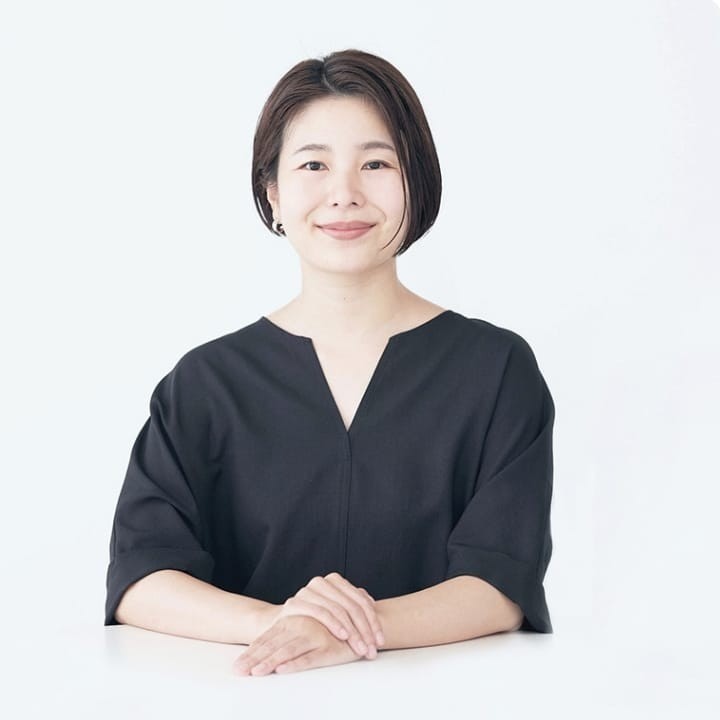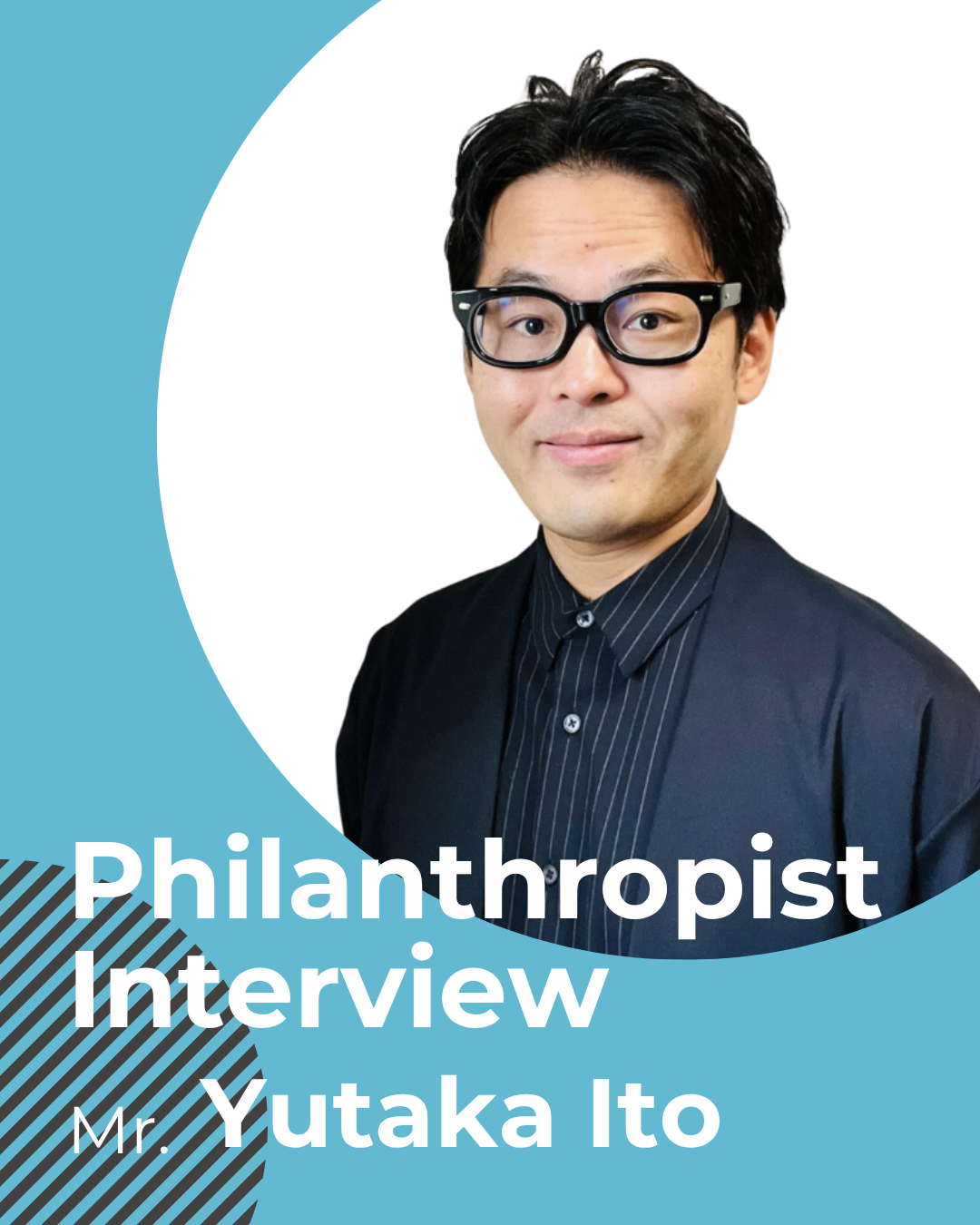INFO

Hitoshi Tanaka: Transforming Maebashi into a Global Destination Through the Power of Creativity

Profile
Hitoshi Tanaka
CEO, JINS Holdings Inc. / Founder and Chairman, Hitoshi Tanaka FoundationBorn in 1963 in Gunma Prefecture, Hitoshi Tanaka founded JIN Co., Ltd. (now JINS Holdings Inc.) in 1988 and launched the eyewear brand JINS in 2001. In 2014, he established the Hitoshi Tanaka Foundation to revitalize his home region through entrepreneurship. He spearheaded the Gunma Innovation Award and Gunma Innovation School, and in 2020 opened the Shiraiwa Hotel—a renovated historic ryokan—as part of a larger effort to revitalize the city of Maebashi.
What Hitoshi is most passionate about today is the revitalization of his hometown, Maebashi City. His tireless efforts have grown into a powerful movement—one now influential enough to engage both national and local governments. Behind his commitment to urban renewal lies a profound inspiration drawn from his encounters with entrepreneurs around the world and their approach to philanthropy. We spoke with Mr. Tanaka, who continues to pursue bold new challenges.
The Roots of Philanthropy: Learning from Global Entrepreneurs
"For them, giving back is not a reward for success—it’s a natural responsibility."
Tanaka’s philanthropic journey began in earnest after participating in the 2011 EY World Entrepreneur of the Year competition in Monaco as Japan’s representative. There, he met entrepreneurs from around the world who were naturally investing their wealth and corporate resources back into their communities.
One story struck him deeply: that of Olivia Lum, the winner from Singapore, who rose from orphanhood to founding a pioneering desalination company with the mission of solving social challenges. Her determination and belief in giving back left a lasting impression.
“For these entrepreneurs,” Tanaka recalls, “philanthropy wasn’t a post-success indulgence—it was a given.”
This experience led to an inflection point. Around the same time, as he turned 50, he began to ask: “Is it enough to keep channeling all my energy into business alone?” The answer, he realized, lay in dedicating himself to something beyond personal or corporate success—something that served others. That moment sparked his commitment to philanthropy.
Why Urban Revitalization?
"I saw local youth trying to change the future of their city—and I knew I had to stake everything too."
Inspired by the global entrepreneurs he met, Tanaka began reflecting on what he could uniquely contribute. “Starting a business changed my life,” he says. “I wanted young people in my hometown to see that there’s more to life than aiming for elite schools or big corporations.”
He launched the Gunma Innovation Award in 2013 and the Gunma Innovation School the following year to foster entrepreneurship among local youth.
Through these programs, he confronted the reality of Maebashi—a declining city once known for its bustling shopping arcades, now suffering from depopulation and low land values. Just as he was wondering how to help, he encountered a group of passionate local youth already working on urban renewal. Their drive moved him, and he threw himself fully into the cause.
In 2016, he and the city launched the Maebashi Vision Project, setting the city’s guiding vision as Mebuku—“to sprout and thrive.” A year later, he helped establish the Taiyo no Kai, a network of local businesses and individuals who each contribute ¥500,000 annually to support community-led development.
His outsider status as someone who had spent years away from Maebashi initially drew criticism: “Is he just visiting temporarily?” “Does he want to run for office?” “Is this just another business venture?” But through sustained commitment, skepticism gave way to trust—and allies multiplied.
Today, Maebashi is undergoing visible change, with a growing startup culture among young people. “We’ve only just begun—maybe we’re at the second station of a long climb,” Tanaka says. “But we’ll keep going, step by step.”
A Vision for Future
"I want Maebashi to be a city where people from around the world come for art, design, and food."

(Credit: Shinya Kigure)
In 2020, Tanaka transformed a 300-year-old ryokan into the Shiroiya Hotel, a fusion of art, architecture, and community. Designed by Sou Fujimoto, it features installations by global creatives such as Leandro Erlich and Jasper Morrison. More than a hotel, it serves as Maebashi’s “living room”—a space where locals and visitors meet.
In 2023, he opened Maebashi Galleria, a complex that integrates everyday life with art. As a result, the formerly fading entertainment district is seeing new life.
Tanaka draws inspiration from European cities with preserved historic quarters. “Through art, design, and food, I want to create a contemporary version of that in Maebashi,” he says.
One flagship initiative on the horizon is the Maebashi Creative City Project, a 1.5-km redevelopment effort led by Gunma Prefecture, the Ministry of Land, Infrastructure, Transport and Tourism, and Maebashi City. His dream? A transit mall interspersed with public art—where masterpieces by top-tier artists aren’t hidden away but part of everyday scenery, even next to greengrocers.
“The entire city becomes a museum—no ticket needed,” he smiles. “Everyone can encounter art as part of daily life.”
Tanaka hopes Maebashi will become a global destination. “I want people to say, ‘Let’s go to Maebashi!’”
When others tell him, “What you’re doing is impossible for me,” he responds: “If I can create a replicable model and make the process visible, then anyone can do this.”
Looking ahead, he’s eager to generalize his methods so that communities across Japan—and beyond—can apply them to shape their own futures.
Interviewer: Co-CEO Yoshiko Fujita
translated from Japanese into English by AI
TOP


